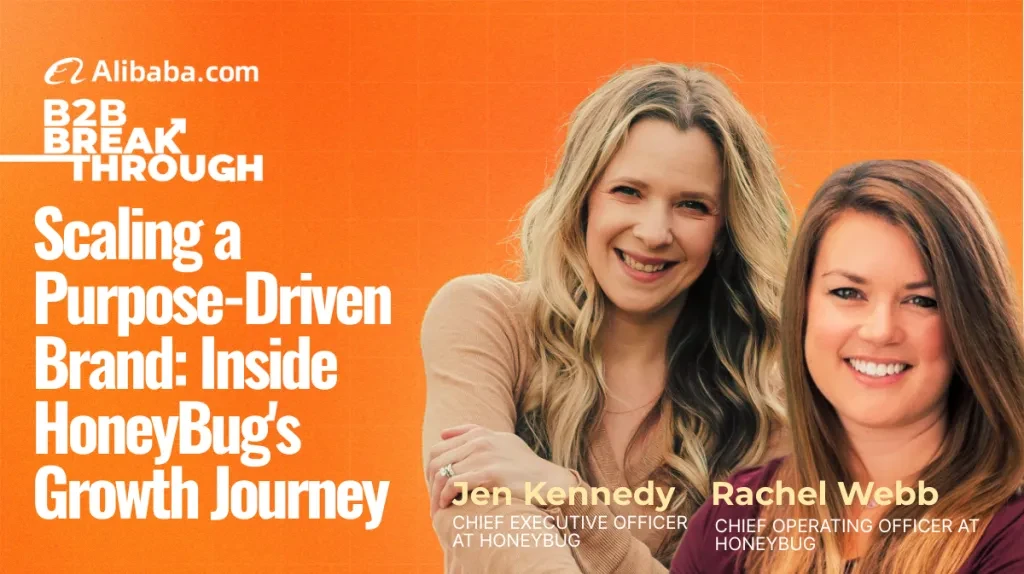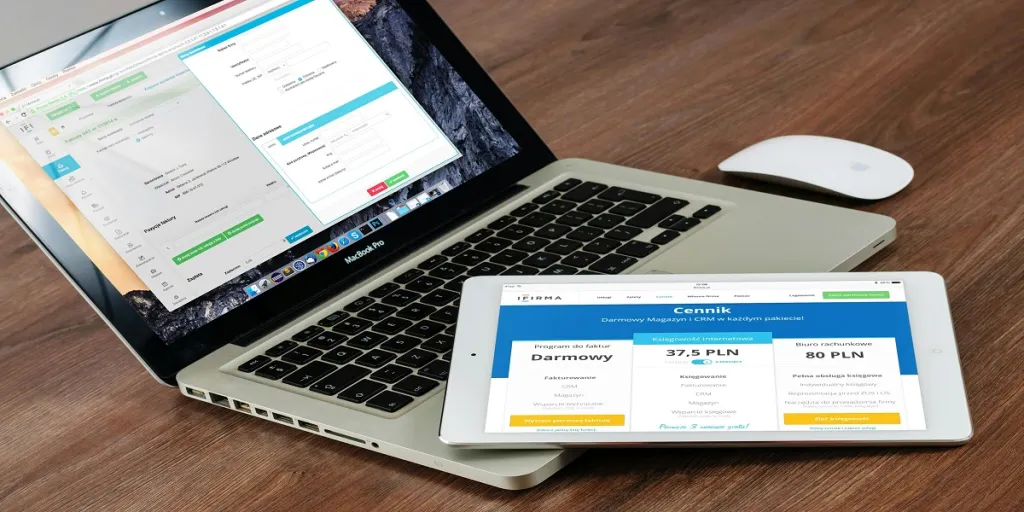What does it take to build a brand that parents trust and kids love? For Jen Kennedy and Rachel Webb, founders of HoneyBug, it started with a moment of clarity in a parking lot, frantically assembling a last-minute baby gift. That frustrating experience sparked an idea that would revolutionize family gifting and teach invaluable lessons about building authentic supplier relationships.
The challenge many entrepreneurs face isn’t finding suppliers—it’s building the kind of partnerships that drive innovation. Too often, business owners approach manufacturing with rigid specifications, essentially asking suppliers to be order-takers rather than problem-solvers. HoneyBug took a radically different approach that transformed their business and could revolutionize yours.
Table of Contents
The Problem-Solving Paradigm Shift
Building Trust Without Boarding Planes
The Hidden Truth About Scaling
Creating Community in Competition
The Problem-Solving Paradigm Shift
“I think it’s really important as you go through this process that you don’t restrict yourself,” explains Kennedy. “I think that’s where I’ve seen just talking to people in the industry or peers or friends, they restrict themselves because they kind of have this idea of what they want and then they will go out and say, can you make this? Where I think the way we approach it is, this is the problem we’re having. Can you solve that?”
This shift from prescriptive to collaborative fundamentally changed how HoneyBug works with suppliers through Alibaba.com. Instead of presenting detailed specifications, they present challenges. The result? Suppliers become creative partners, often suggesting solutions the HoneyBug team never considered.
Take their signature ribbon, for example. What started as Jen hand-tying bows on every box evolved through supplier collaboration into an elegant elastic system that looks hand-tied but scales efficiently. “It’s honestly amazing that every time stuff arrives we’re like, oh my goodness. Like, yeah, how, why were we doing it the other way for so long?” Kennedy reflects
Building Trust Without Boarding Planes
How do you build trust with overseas suppliers you’ve never met? Rachel Webb, HoneyBug’s COO, developed a practical vetting system that doesn’t require international travel. Their approach includes requesting video tours of facilities, starting with small test orders, and maintaining constant communication through visual aids and drawings.
“Lots of videos, lots of like, let’s draw this out and take a picture, and then lots of back and forth,” Webb explains. This hands-on communication style helps identify suppliers who align with HoneyBug’s culture and commitment to quality.
The results speak for themselves: HoneyBug maintains an incredibly low return rate of just 1-2% across their gifting products, largely because they’ve built relationships with suppliers who understand their quality standards and respond quickly to customer needs.
The Hidden Truth About Scaling
Perhaps the most valuable lesson from HoneyBug’s journey isn’t about sourcing at all—it’s about the reality of rapid growth. “I think early on we grew too quickly. And it starts to put a strain on cash flow and resources,” Kennedy admits.
Coming from corporate backgrounds, both founders initially focused on metrics like brand recognition and unit sales. The real unlock came when they shifted focus to cash flow management and long-term sustainability over vanity metrics.
“Cash flow is the lifeline of the business,” Kennedy emphasizes. This perspective helped them weather multiple challenges, from tariff fluctuations to supply chain disruptions, by maintaining financial flexibility and strong supplier partnerships.
Creating Community in Competition
What sets HoneyBug apart isn’t just their approach to suppliers—it’s their vision for industry collaboration. Rather than viewing other brands as pure competition, they’re working to create a more collegial environment where brands share insights and support each other through challenges.
“We are trying to bring people along with us in terms of finding a more collegiate experience than just sort of a transactional relationship,” Kennedy explains. This philosophy extends to their supplier relationships, where they’ve built partnerships that weather ups and downs together.
The lesson for entrepreneurs is clear: sustainable success comes from building authentic relationships—with suppliers, partners, and even competitors—rather than purely transactional interactions.
Ready to transform your supplier relationships? Start by shifting from “Can you make this?” to “Can you solve this?” Your next breakthrough innovation might be one conversation away.




